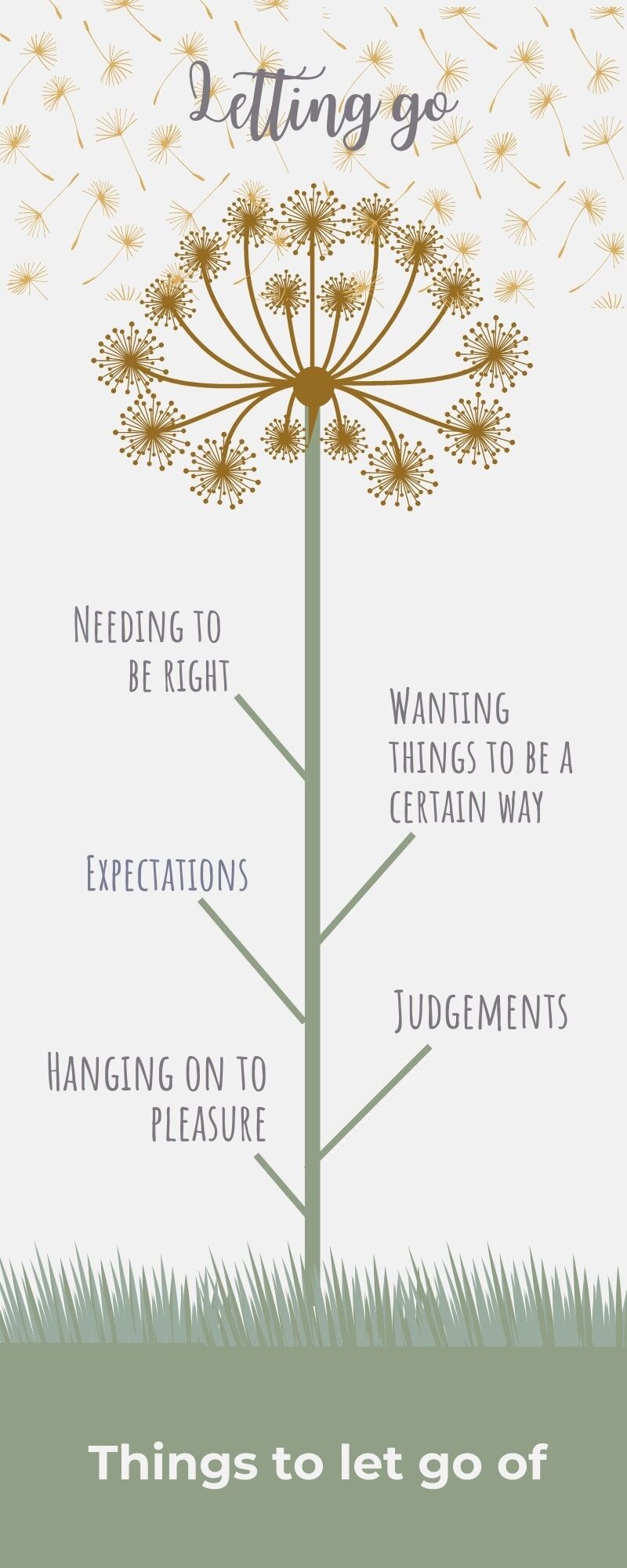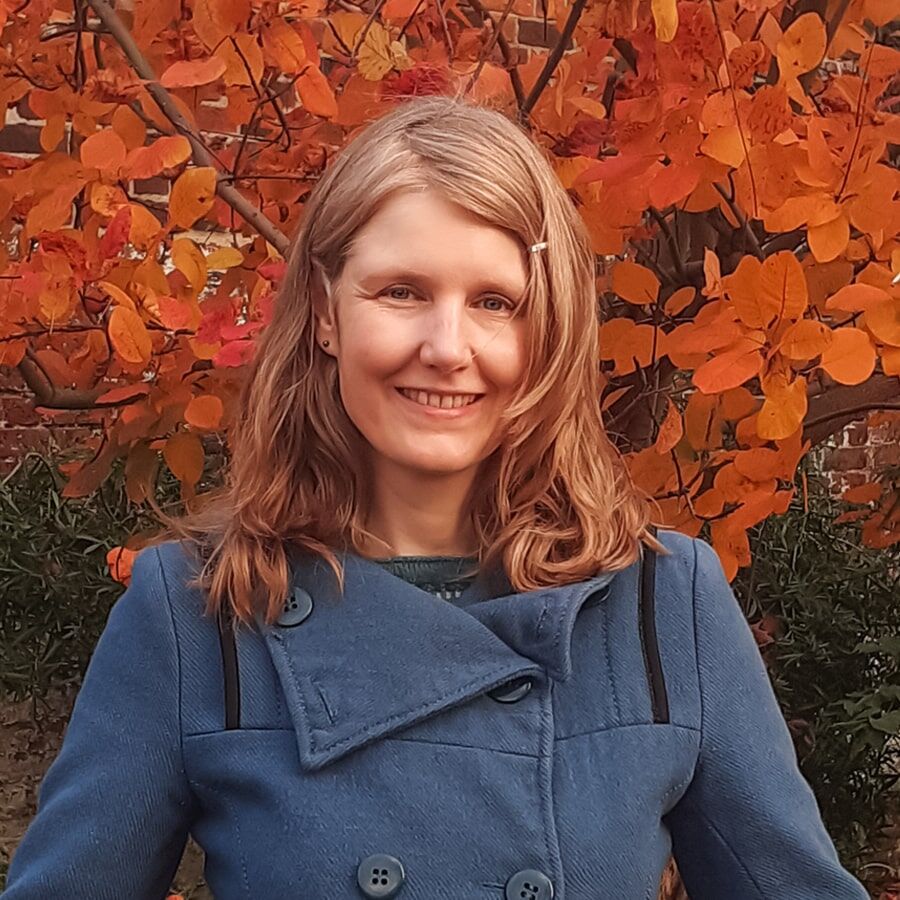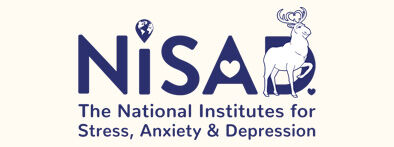“Just let it go”. A familiar suggestion that we’ve probably all heard, or spoken, at some point or another.
A suggestion that’s not always easy to follow. And nor should it be unquestionably followed. After all, there are times when it’s essential to stand up for what we believe, pursue our dreams, or persevere in a course of action.
Yet, there are other moments when the kindest thing we can do for ourselves (and others) is to let go. Indeed, ‘letting go’ is one of the attitudinal foundations of mindfulness. By practising ‘letting go’ in our daily lives, we nourish our emotional wellbeing – as well as our relationships with others.
Knowing when and where to ‘let go’ takes both practice and self-awareness. By pausing to notice our emotions and observe what’s going on for us, it becomes easier to recognise when we’re clinging on to something. Not only this but also what it is exactly that we’re clinging onto – and this awareness enables the choice of whether to keep holding on to it or to let go.
We’re all different, so our choice of when to let go will be our own. However, there are certain things where we all benefit from letting go. As a guide, this infographic shows five situations where we can all begin to develop a mindful practice of ‘letting go’.

Expectations
“Expectation is the mother of all frustration.” So spake, wisely, Antonio Banderas. Indeed, on the one hand, hanging on to the expectation of things we want to happen can lead to frustration or disappointment if things don’t pan out as we’d expected. On the other hand, harbouring unpleasant expectations can leave us in a state of anxiety, dread or fear.
By contrast, letting go of expectations – and allowing things to unfold, perhaps with curiosity – can be hugely beneficial. Not only do we feel better in ourselves, but we can also become more open to other possibilities and opportunities.
Judgements
It’s natural for our brains to make judgements about things. It’s what our brains have learnt to do. However, this tendency of the brain doesn’t mean that the judgement is true, or helpful. So, a really good way to apply our skills at judging, is to decide when to let go of the judgements that naturally come up. When we notice a judgement (for example, about ourselves, someone else, or a particular situation), we can ask ourselves whether it’s really true or is there another perspective? Even if it might be true, is it helpful? Does having the judgement serve any beneficial purpose? Always being compassionate with ourselves as we do this, we can learn, and practise, how to let unhelpful judgements go.
Wanting things to be a certain way
As with expectations, wishing things were different to how they are, can result in feelings of disappointment or frustration. Wanting things to be a certain way can lead to our trying to control something which is actually out of our control. This, in turn, can then leave us feeling out of control, and thereby, vulnerable and anxious.
Contrary as it may sound, for us to feel in control, we often have to let go of control. And when we let go of wanting things to be a certain way, we can develop a flexibility of mind that means we’re open to possibilities and opportunities we may have otherwise overlooked.
Needing to be right
Whether it’s a heated argument, an online discussion or a conversational debate, the need to be right can be powerful. The underlying motivation is often to prove ourselves in some way – for example, to show our intelligence, knowledge or understanding (so as not to appear ‘stupid’) – so that people will judge us favourably. (Ah, there go those judgements again!) However, in reality, fulfilling the need to be right can affect our interactions, our relationships and our wellbeing, more harmfully than favourably.
In conflicts and discussions, it can be useful to pause and ask ourselves, could making my point benefit the situation in anyway or am I being driven purely by a need to be right? Very often, letting go of the need to be right is what really brings a sense of assurance within ourselves.
Hanging on to pleasure
Having pleasure is a pleasurable experience. Feel good chemicals are released in our brain. We feel good. So it’s quite natural to want to hang on to the experience – and the feeling. But pleasure, as with all life experiences and sensations, naturally ebbs and flows. And trying to hang on to something that has its own time and place, will inevitably lead to sadness or disappointment.
By letting go of pleasure when its moment in the sunlight comes to a close, we can be more present in our current situation. This enables us to make mindful choices that support our longer term emotional and physical wellbeing. And, just as the tree sheds its leaves in autumn ready for new shoots to come through in the spring when we let go of the desire to hang on to pleasure, we make space for new moments of pleasure to shine through.
Developing a mindful practice of letting go is one of the ways we can nourish our emotional and physical wellbeing. This infographic provides a guide to the beneficial ways we can begin to let go. As you read this, you may well think of other ways in which you, yourself, could let go. However you develop your practice, do approach it with curiosity, kindness and compassion. As you observe your thoughts, feelings and behaviours – and grow your self-awareness – you’ll naturally increase your understanding of how, and what, to let go.
‘Letting go’ can be especially helpful in times of uncertainty. We are currently developing a programme – #CertainAboutUncertainty – that will provide a fun and engaging way of learning skills and tools to cope with uncertainty. You can find out more about #CertainAboutUncertainty here.

Alison Easton
BA(Hons) HPD DipCHyp
Director of Clinical and Creative Development
For nearly 10 years, I have been providing therapy using hypnosis to assist people in changing the beliefs and habits that are making them unwell or unhappy into those that foster health and happiness.
My role at NISAD draws on this experience to write informative and compassionate content to support all that visit us on social media and on our ELK.Health programmes.


